Dealing with a sudden tooth crisis in Milton, NSW can feel like an unexpected plot twist. One minute you’re enjoying a coffee, and the next your molar is banging out drum solos. Believe it or not, one in four Australians have had a dental emergency in the last five years. If you ever find yourself Googling “Emergency Dentist Milton” in a panic, this guide is here to help.
We’ll break down what actually counts as an emergency, where to find help (and when), how much it might cost, and what (if anything) your insurance or Medicare will cover. Buckle up for a down-to-earth, no-nonsense run-down of urgent dental care – minus the jargon.
What Counts as a Dental Emergency?
If you’ve got sudden, intense dental pain or trauma, it’s probably more than just a headache – it could be a dental emergency. In plain terms, think “serious pain or damage that needs fast attention”. For example:
- Knocked-out tooth: If a permanent tooth is knocked out, time is of the essence. Handle the tooth by the white part (avoid the root), rinse it quickly, and either try to slip it back into the socket or store it in milk or saliva. Then see a dentist as soon as possible (ideally within 30 minutes). Every minute counts to save the tooth.
- Broken/chipped tooth: If a piece of tooth breaks off, collect any fragments, keep them moist (milk or saliva), and take them to the dentist. Even if it just looks like a chip, the tooth can be very sensitive underneath. Getting professional help can prevent further cracking or infection.
- Severe toothache or abscess: A really bad toothache, especially with swelling, often signals an infection. This is urgent because infections can spread. A bulging abscess or pus pocket is a red flag – untreated, it can cause fever and even more serious issues. In short, swelling and infection count as an emergency.
- Uncontrolled bleeding: If a mouth injury won’t stop bleeding (for instance, a lacerated gum or after a forced tooth extraction) – that’s an emergency too.
(As a side note: NSW Health actually mentions that a simple toothache alone is not classed as a life-threatening dental emergency. However, if your toothache is that bad you can’t sleep or it’s been days – treat it as urgent!)
When dental emergencies strike, local dentists jump into action. In Milton you’d look for a clinic ready to soothe that sudden pain.
Finding Help in Milton (Hours & After-Hours Care)
Most Milton-area dentists operate on normal business hours (roughly 9 am–5 pm, Monday–Friday, maybe a short Saturday stint). If your problem hits during those hours, you’d simply call your local dentist right away. But what if your emergency flares up at 10 pm or on a public holiday? Here’s what to do:
- Call for advice: For any dental emergency after-hours, don’t panic alone. You can ring Australia’s Healthdirect helpline at 1800 022 222 any time (this is a free 24/7 nurse advice line). They can guide you on next steps. In Victoria, this is called Nurse-on-Call, but the number is the same nationally.
- Dental emergency hotline: The Australian Dental Foundation runs a Free Emergency Dental Hotline on 0407 111 117. Dentists staff this line 24/7 to triage dental problems. They’ll ask questions, give first-aid tips, and advise if you need to see someone immediately or if it can wait.
- Go to the Hospital ED if needed: For truly serious cases (jaw fractures, uncontrollable bleeding, severe swelling affecting breathing), head straight to the nearest Hospital Emergency Department. NSW Health advises that after normal dental hours, true dental emergencies should be managed by a hospital ED. They won’t fix a tooth like a dentist, but they can manage life-threatening issues. Always dial 000 for immediate medical emergencies (e.g. trouble breathing).
- Emergency dentist walk-in: If it’s evenings/weekends but you think a dentist can handle it, call around. Some regional clinics (e.g. Ulladulla or Batemans Bay near Milton) might offer emergency walk-in slots or have on-call dentists. If you’re unsure, the above hotlines can help direct you.
Quick Tips (first aid): If you’ve got swelling or an abscess, apply a cold compress to reduce pain and swelling. For a lost tooth, keep it moist – in milk or even saliva – until you see help. (A milky sip is better than letting it dry out!) If bleeding, press gently with clean gauze or a tea towel to slow it. But no matter what, get professional care ASAP.
Typical Costs for Emergency Dental Care
Out-of-pocket expenses can be a shock when you’re not expecting them. In Australia, dental services are mostly private – there are no standard fees like for doctors. That means costs vary widely by clinic and location. As Healthdirect bluntly says, the Australian Government generally doesn’t cover dental costs, so you’ll likely pay yourself. Here are some ballpark figures for common emergency treatments (private practice, without insurance):
| Treatment | Typical Cost (AUD) |
|---|---|
| Chipped/cracked tooth repair | $250 – $350 |
| Urgent tooth extraction | $200 – $600 |
| Emergency root canal | $900 – $1100 |
| Urgent dental crown | $1100 – $2000 |
These are general ranges – your bill could be lower or higher. Several factors swing the price:
- Severity of the problem: A simple extraction is way cheaper than a complex root canal or rebuilding a tooth.
- Time/Location: If you visit after hours (nights/weekends), many dentists add a “call-out” fee or surcharge. For example, clinics often charge extra for appointments after 6pm or on Sundays. (After-hours work is inconvenient for them.) According to an emergency dental service site, call-out fees kick in outside regular hours.
- Extra services: X-rays, anesthesia, or sedation add to the cost. If your dentist uses fancy tech or a specialist (like an endodontist for a tricky root canal), expect higher fees.
One thing to remember: Long-term, delaying treatment is more expensive than fixing it now. Ignoring a tooth emergency often turns a small issue into a much bigger one (and a much bigger bill).
Dental clinics are equipped to handle emergencies – but be aware that late-night or weekend visits often cost a bit more.
How to Keep Costs Down
Emergency work is scary for your wallet, but here are a few clever moves:
- Use Private Health Extras: If you have private health insurance with dental extras, you might get 60–100% back on emergency work. It depends on your plan. Always check your policy before booking emergency treatment. With a HICAPS machine, many clinics let you claim rebates on the spot.
- Ask about payment plans: Some dentists offer payment plans (e.g. interest-free installments) for big bills. Don’t be shy – especially in a genuine emergency, many clinics are flexible if you chat to them.
- Government Rebates: If you’re eligible, programs like the Child Dental Benefits Schedule (CDBS) or Veterans Affairs can cover emergency care at no cost. More on that below.
Insurance, Medicare, and What’s Covered
Let’s talk about coverage. For most adults in Australia, Medicare won’t pay for routine dental or emergency dentist visits. That means you cover the bill, unless you fall into a special category. Here’s a breakdown:
- Public Dental Clinics: State-funded (public) clinics do provide emergency treatment, but only for eligible people. In NSW, public dental care (including urgent care) is free for children under 18 and for adults who hold a valid concession card (like a Health Care Card, Pension Card or Commonwealth Seniors Card). In fact, about 1-in-3 Australians qualify for public dental care. If you qualify, you can get things like extractions, fillings or treatment of infections (abscesses) with no private fee. But fair warning: public waiting lists are long, so “emergency” in that system might still mean a delay.
- Child Dental Benefits Schedule (CDBS): If you have children 2–17 years old, the Australian Government offers the CDBS – a limited annual benefit up to about $1,000 over 2 years. This covers basic dental work (check-ups, cleanings, fillings, even extractions and root canals) for eligible kids. And under CDBS, most services are bulk-billed (no out-of-pocket cost). So if little Susie knocks out a tooth, check if you have unused CDBS funds.
- Veterans and DVA: If you have a Veterans’ Affairs Gold Card (for war veterans), emergency dental is typically bulk-billed. The same Adelaide dental site notes that DVA Gold Card holders are bulk billed for emergency work. So if a vet in Milton needs urgent dental care, it might cost nothing.
- Private Health Insurance: Many private health funds offer “extras” plans that cover part of dental emergencies. The exact rebate varies (somewhere around 60–100%). Check if your fund has a waiting period or preferred dentists. Using insurance can significantly reduce your bill, especially for big procedures.
In short: most adults without concessions will pay themselves for emergency dental in Milton. If you or your family have concession cards, DVA Gold, or CDBS, you might get some or all of it paid. It’s best to ask your dentist (or call Healthdirect) about eligible subsidies before treatment.
Tips: Be Prepared and Prevent Further Problems
The best way to handle an emergency is before it happens. Some friendly tips:
- Regular check-ups: Keep up with your dentist for routine care. This catches issues (like tiny cracks or decay) before they turn into full-blown emergencies.
- Good daily care: Brushing twice and flossing daily is like an investment in emergency-proof teeth. It sounds boring, but it’s proven to prevent cavities, gum disease and abscesses. A little daily effort can save you big drama (and dollars) later.
- Protect your teeth: If you play sports or grind your teeth, use a custom mouthguard. It can save you from chips or cracks.
- Know your dentist: Save the contact info of the closest dentist or after-hours clinic now. If disaster strikes, you won’t be scrambling to find a number. Even jotting it on your fridge can help later.
- Emergency fund: It might sound odd, but consider setting aside a little emergency cash or ensuring your credit card has enough buffer for dental shocks. This way you can say “yes” to treatment immediately, without financial stress.
Ultimately, don’t tough it out with a serious dental issue. Getting prompt help can prevent the problem (and your bill) from getting worse.
Conclusion
Dental emergencies are stressful, but remember: there’s a plan. In Milton, regular dentists have normal hours, so for after-hours or real crises you’ll rely on helplines and hospitals. Costs can be high – typically a few hundred dollars for a tooth extraction, or up to a couple thousand for complex procedures – so it helps to know your options (insurance, public services). We’ve covered what qualifies as an emergency, when and where to get help, and how to keep costs from spiraling.
If you ever find yourself clutching your jaw at midnight, you now know: call the 24/7 dental hotlines, or head to the nearest ED if it’s really bad. And once the dust settles, book that dentist check-up you’ve been postponing! Share this guide with others – a little prep goes a long way, and your smile will thank you. 😁
Frequently Asked Questions
What exactly counts as a dental emergency?
A dental emergency is usually pain or injury that needs immediate attention – think a knocked-out tooth, severe pain or swelling (abscess), broken teeth or uncontrolled bleeding. Milder issues (like a small cavity or dull ache) aren’t true emergencies, though they still need a dentist soon. In doubt, call a dentist or health helpline for advice.
How much does an emergency dentist visit cost?
It varies a lot. In Australia, emergency work in a private clinic can range from around $200–$600 for a simple extraction up to $900–$1100 for a root canal or more than $1000 for a crown. After-hours appointments often have extra “call-out” fees. Check with your dentist for a quote if you can.
Does Medicare or insurance cover emergency dental?
Generally, Medicare doesn’t pay for dental services (adults must self-fund). Exceptions: eligible children under 18 can use the Child Dental Benefits Schedule (which can cover emergency treatments), and public dental clinics will treat concession-card holders for free. Private health insurance may cover part of emergency dental costs if you have extras cover. Always check your coverage details in advance.
What do I do if my tooth is knocked out at night?
First, find the tooth and pick it up by the crown (not the root). Rinse it gently and try placing it back in the socket if you feel confident. If not, keep it moist (milk, saline, or even put it in your cheek pouch). Then seek help immediately – call a dentist or head to a hospital. The sooner a dentist sees you (ideally within 30 minutes), the better the chance the tooth can be saved.
Is there a 24/7 emergency dentist in Milton?
Milton itself likely doesn’t have a 24/7 clinic – it’s a small town. For after-hours care, use the 24/7 helplines (e.g. 1800 022 222 or 0407 111 117), or go to the nearest hospital emergency department if it’s life-threatening. During normal business hours, your best bet is to call a local dentist for a same-day appointment.
Sources: Official Australian dental guidelines and news articles (see inline citations). These provide the basis for cost estimates, coverage rules, and advice above.
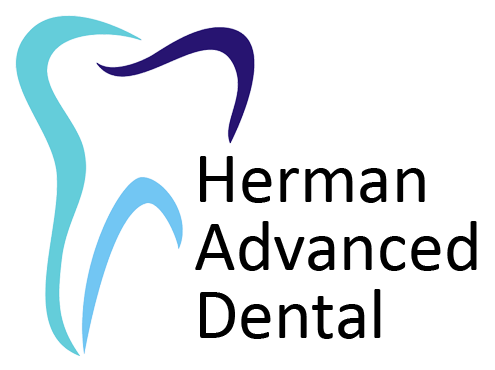
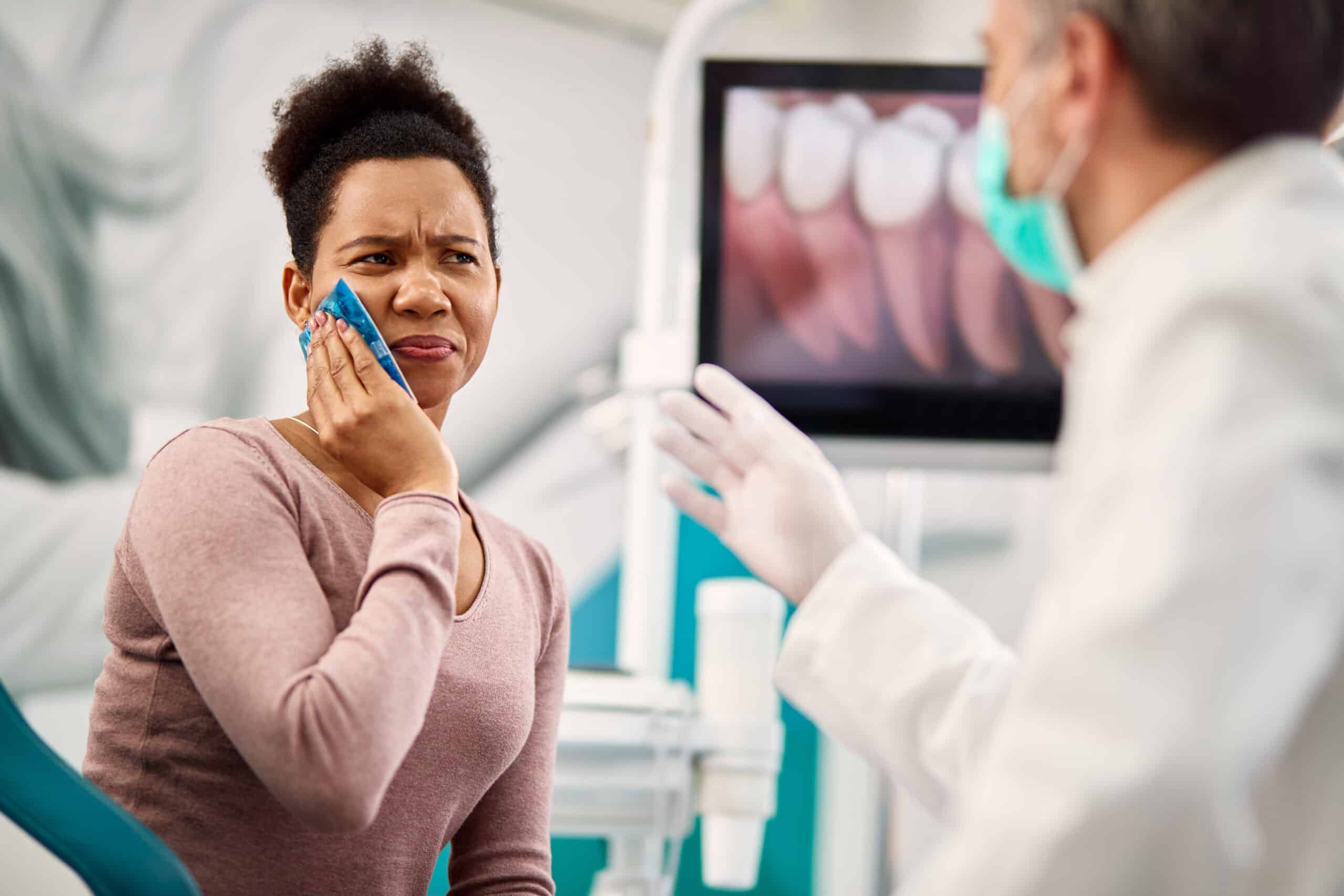
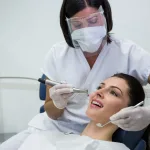
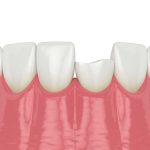
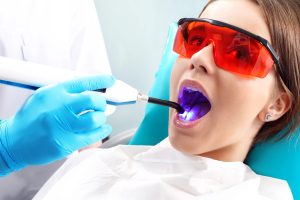
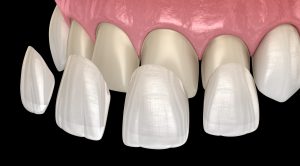
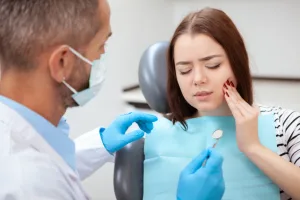
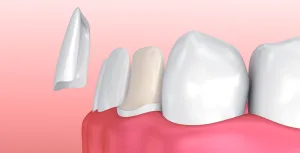
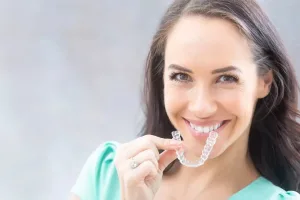
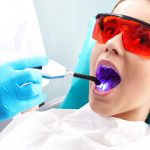
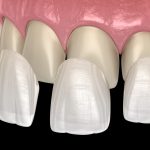
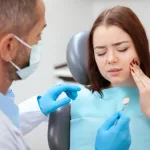
Add comment